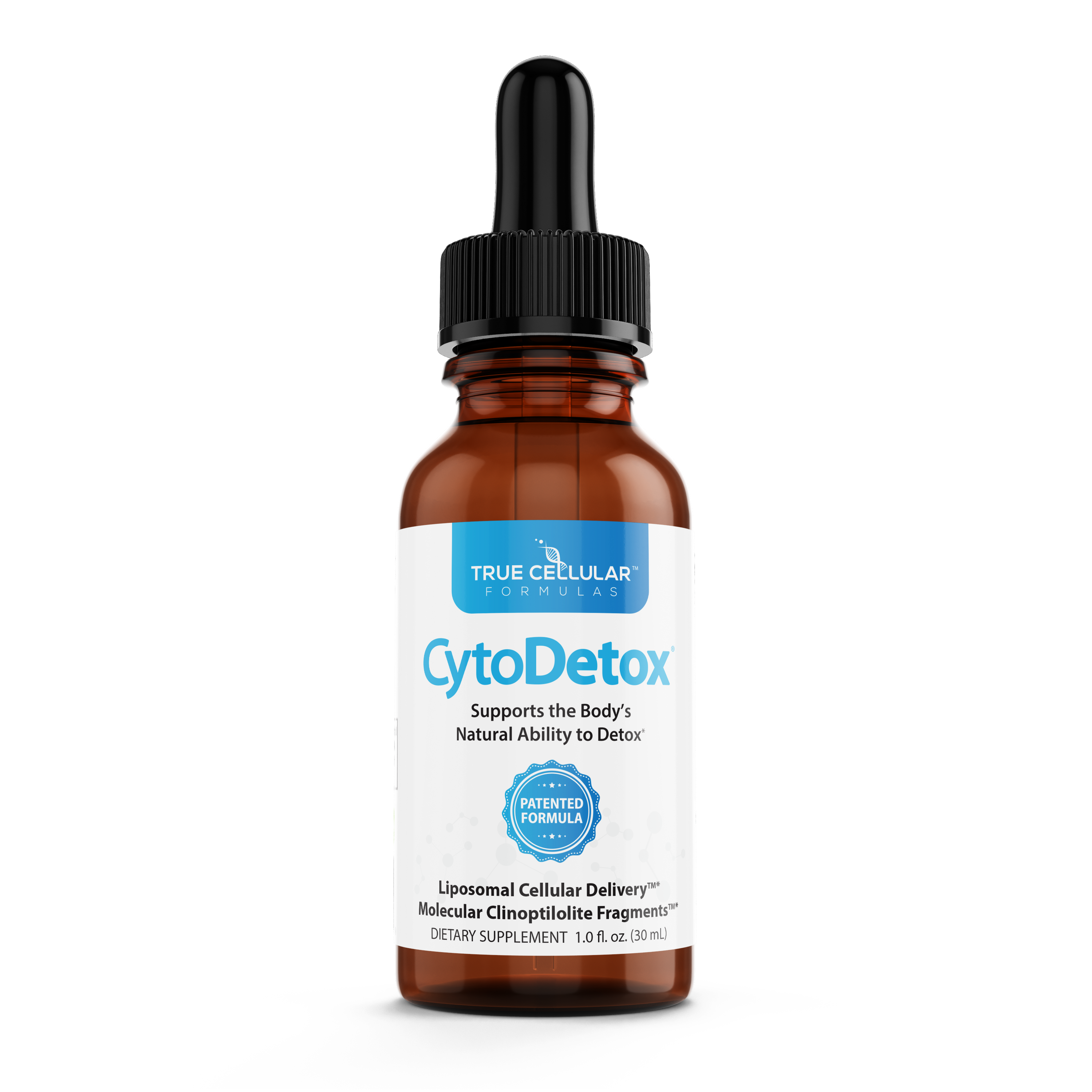Menopause is a natural phase in a woman’s life marked by the end of menstrual cycles and significant hormonal changes. While this transition is a normal part of aging, it can come with a variety of uncomfortable symptoms, including hot flashes, mood swings, sleep disturbances, and weight gain.[1] Emerging research suggests that exposure to heavy metals may play a role in exacerbating these menopausal symptoms and contributing to hormonal imbalances.
Understanding Heavy Metals and Their Impact
Heavy metals, such as lead, mercury, cadmium, and arsenic, are pervasive in our environment. They can be found in contaminated water, food, air, and household products. Chronic exposure to these metals has been linked to a range of health issues, including neurological disorders, cardiovascular diseases, and hormonal disruptions.
The Connection Between Heavy Metals and Hormonal Imbalance
- Disruption of Endocrine Function:
- Heavy metals are known endocrine disruptors. They can mimic or interfere with the body’s natural hormones, particularly estrogen, leading to hormonal imbalances.[2] For example, cadmium can bind to estrogen receptors, disrupting the normal hormonal signaling pathways and exacerbating menopausal symptoms.
- Oxidative Stress and Inflammation:
- Heavy metals contribute to oxidative stress and inflammation in the body. These processes can impair the function of the ovaries and other endocrine organs, further disrupting hormone production and regulation during menopause.[2]
- Thyroid Function:
- The thyroid gland plays a crucial role in regulating metabolism and energy levels. Heavy metals like mercury and lead can impair thyroid function, leading to symptoms such as fatigue, weight gain, and mood swings, which are often experienced during menopause.[2]
- Adrenal Fatigue:
- The adrenal glands produce hormones that help the body respond to stress. Chronic exposure to heavy metals can strain the adrenal glands, leading to fatigue. This condition can amplify menopausal symptoms, making it harder for the body to cope with the hormonal changes.
Reducing Heavy Metal Exposure
To minimize the impact of heavy metals on hormonal health during menopause, consider the following strategies:
- Water Filtration: A high-quality water filter removes heavy metals from drinking water.
- Dietary Choices: Choose organic produce and avoid processed foods that may contain heavy metal contaminants.
- Household Products: Opt for non-toxic, natural household cleaners and personal care products.
- Air Quality: Use air purifiers to reduce airborne contaminants in your home.
Cytodetox: A Promising Strategy
 One effective approach to addressing heavy metal exposure is through the use of Cytodetox. Cytodetox is a supplement designed to support the body’s natural detoxification processes. It contains clinoptilolite zeolite, a natural mineral with a unique crystalline structure that can bind to heavy metals and other toxins, facilitating their removal from the body. By incorporating Cytodetox into a comprehensive detoxification plan, individuals may experience relief from menopausal symptoms and improved hormonal balance. This detoxification strategy, combined with lifestyle modifications, can help alleviate the burden of heavy metals on the body, supporting a smoother transition through menopause.
One effective approach to addressing heavy metal exposure is through the use of Cytodetox. Cytodetox is a supplement designed to support the body’s natural detoxification processes. It contains clinoptilolite zeolite, a natural mineral with a unique crystalline structure that can bind to heavy metals and other toxins, facilitating their removal from the body. By incorporating Cytodetox into a comprehensive detoxification plan, individuals may experience relief from menopausal symptoms and improved hormonal balance. This detoxification strategy, combined with lifestyle modifications, can help alleviate the burden of heavy metals on the body, supporting a smoother transition through menopause.
Navigating menopause can be challenging, but understanding the role of heavy metals in hormonal imbalance provides a pathway to more effective management and relief from symptoms. By reducing exposure to these toxins and incorporating detoxification strategies like Cytodetox, women can take proactive steps towards better hormonal health and overall well-being during this significant transition.
References:
- Peacock, Kimberly, et al. “Menopause.” StatPearls, StatPearls Publishing, 2024. PubMed.
- Liu, Dongling, et al. “Effects of Endocrine-Disrupting Heavy Metals on Human Health.” Toxics, vol. 11, no. 4, Mar. 2023, p. 322. PubMed Central.


